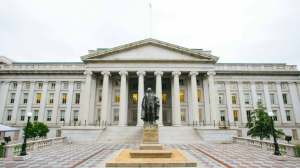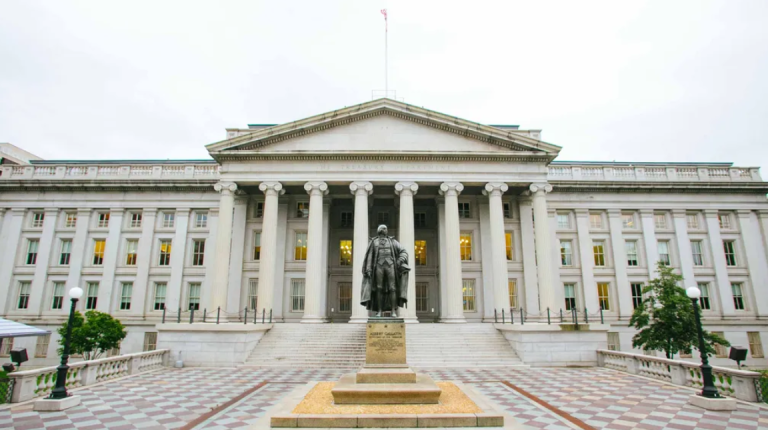Investing during a recession can be a daunting prospect. Economic uncertainty, market volatility, and job losses are just a few of the concerns that might plague investors. However, understanding how to invest during a recession can be a valuable skill. In this article, we’ll explore strategies and considerations for making smart investment decisions when the economy takes a downturn.
- Diversification: A Pillar of Resilience:
Diversifying your investment portfolio is a timeless strategy. By spreading your investments across different asset classes such as stocks, bonds, real estate, and commodities, you can mitigate the risk associated with any single asset.
- Defensive Stocks: Stalwarts in Tough Times:
Defensive stocks, such as utility companies and consumer staples, often perform well during recessions. Their products and services remain in demand even when the economy struggles, providing a cushion for your portfolio.
- Bonds: Stability in Uncertain Times:
Government and high-quality corporate bonds can offer stability during recessions. These fixed-income investments provide regular interest payments and return of principal upon maturity, making them a reliable choice when stock markets are turbulent.
- Dividend Stocks: Earning While You Wait:
Investing in dividend-paying stocks can offer both income and growth potential. Companies with a history of consistent dividend payments may provide a steady stream of income even when stock prices are fluctuating.
- Precious Metals: A Hedge Against Inflation:
Gold and silver are often considered safe-haven assets. They tend to retain value during economic crises and can act as a hedge against inflation.
- Dollar-Cost Averaging: A Disciplined Approach:
Rather than trying to time the market, consider a dollar-cost averaging strategy. This involves investing a fixed amount of money at regular intervals, which can help mitigate the impact of market volatility.
- Reevaluate Your Portfolio:
Recessions are a good time to review and rebalance your portfolio. Consider reducing exposure to high-risk assets and increasing allocations to more conservative options.
- Long-Term Perspective: Patience Pays Off:
It’s crucial to keep a long-term perspective when investing during a recession. Markets tend to recover, and those who stay invested often reap the benefits when the economy rebounds.
- Emergency Fund: Protect Your Investments:
Ensure you have an adequate emergency fund in place. An emergency fund can help you cover unexpected expenses without needing to dip into your investments during tough times.
- Seek Professional Advice:
Consider consulting a financial advisor. Their expertise can be invaluable in crafting an investment strategy that aligns with your financial goals and risk tolerance.
Investing during a recession can be a challenging but rewarding endeavor. A well-diversified portfolio that includes defensive stocks, bonds, and other conservative investments can help you weather the storm. Maintain a long-term perspective, stay disciplined, and consider seeking professional advice to navigate the complexities of recession-era investing. Remember, history has shown that markets recover, and well-planned investments can emerge stronger in the end.




































